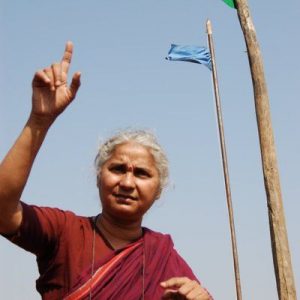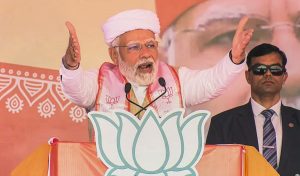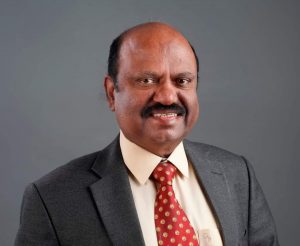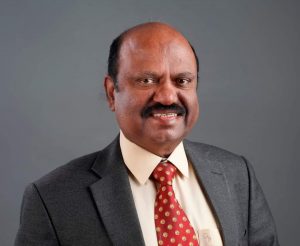Barring occasional interviews with the news media, he works rather quietly in his election war room or is seated obscurely among throngs of party workers and leaders listening intently to them.
Yet, the “Man of the Match” sobriquent has often been bestowed upon Prashant Kishor for his role in winning for towering leaders across parties an election game. And West Bengal was no different.
“…, in reality BJP will struggle to cross double digits in #WestBengal,” he had tweeted as early as December last year and his words proved prophetic.
“If BJP does any better, I must quit this space!” the poll strategist added, a statement was perceived as bravado by many given the BJP’s impressive gains in the 2019 Lok Sabha elections in Bengal and its energetic, high-decibel campaign for the assembly polls.
On Sunday, despite the massive anticipated victory of the TMC, Kishor announced on national TV he will quit strategising for political parties.
“I am quitting this space,” he told TV channels.
Prashant Kishor or simply PK, as he is called by his team members, started working for the TMC at the request of party supremo Mamata Banerjee soon after the 2019 Lok Sabha polls when the BJP won 18 of the state’s 42 seats and the ruling party appeared losing its grip on the state.
Realising, that there was a ground swell of anger against several lower level TMC leaders who were often accused of petty corruption in execution of public welfare schemes, Kishor designed the ‘Didi Ke Bolo’ (Tell Didi) campaign under which citizens could directly approach Chief Minister Mamata Banerjee with their grievances.
“PK’s programme became popular and acted as a safety valve allowing popular steam to come out,” said Rajat Roy, political analyst and member, Calcutta Research Group.
The strategist, in his early forties, has loads of experience in successfully crafting election strategies, including Narendra Modi’s first prime ministerial campaign in 2014 when he was the Gujarat chief minister.
Kishor spent months on end carefully crafting Bihar Chief Minister Nitish Kumar’s 2015 campaign and subsequently helped devise Congress’s Captain Amarinder Singh’s successful bid in Punjab.
He proved he is the master of his craft when he helped catapult Jagan Mohan Reddy of the YSR Congress to power in Andhra Pradesh in 2019. He also advised Arvind Kejriwal during the 2020 Delhi assembly elections.
The inputs the TMC got from its meetings with citizens groups and polls conducted by Kishor’s team about candidates saw many senior leaders getting dropped and new faces brought in. Minor rebellions brewed but were stamped out.
The chief minister’s attempts to tackle corruption in the middle and lower rungs of the party following BJP’s accusation of large-scale irregularities in distribution of reief following cyclone Amphan, also bore fruit, said Kishor.
The strategist who is believed to have conceptualised the ‘Duare Sarkar’ (government at your doorstep) programme under which benefits of a host of welfare schemes, including scheduled caste certificates, were delivered to the homes of the beneficiaries, also boosted her standing among the poor.
West Bengal government’s UN award winning ‘Kanyashree’ programme, where money is transferred to the bank accounts of girls so they could study further and early marriages could be prevented, was highlighted during the campaign.
The strategy to extend the ‘Swasthya Sathi’ health insurance scheme to the entire population in December 2000 was welcomed by all. The scheme was launched by Banerjee in 2016.
It is a basic health cover for secondary and tertiary care up to Rs five lakh per annum for every family.
The branding of the TMC government as pro-women proved immensely beneficial for the party.
“The chief minister remains extremely popular with women, the campaign stressing pro-women initiatives went down well….their (women’s) high turnout helped,” said Prof.
Ranabir Samaddar, well-known political scientist and former head of Maulana Azad Institute of Asian Studies, Kolkata.
But the high-pitched election campaign by the BJP which Prime Minister Narendra Modi and Home Minister Amit Shah had invested heavily in, making a dash for West Bengal every few days, had Kishor rethink his strategy.
His answer was the ‘Bangla nijer meyekei chay’ (Bengal wants her daughter) slogan that found resonance with the people.
Banerjee raking up the insider-outsider debate was part of the strategy to appeal to Bengali subnationalism, something hitherto alien to West Bengal politics. It was an ace Kishor pulled to give a huge heft to Banerjee’s campaign against the BJP’s mighty election army.




